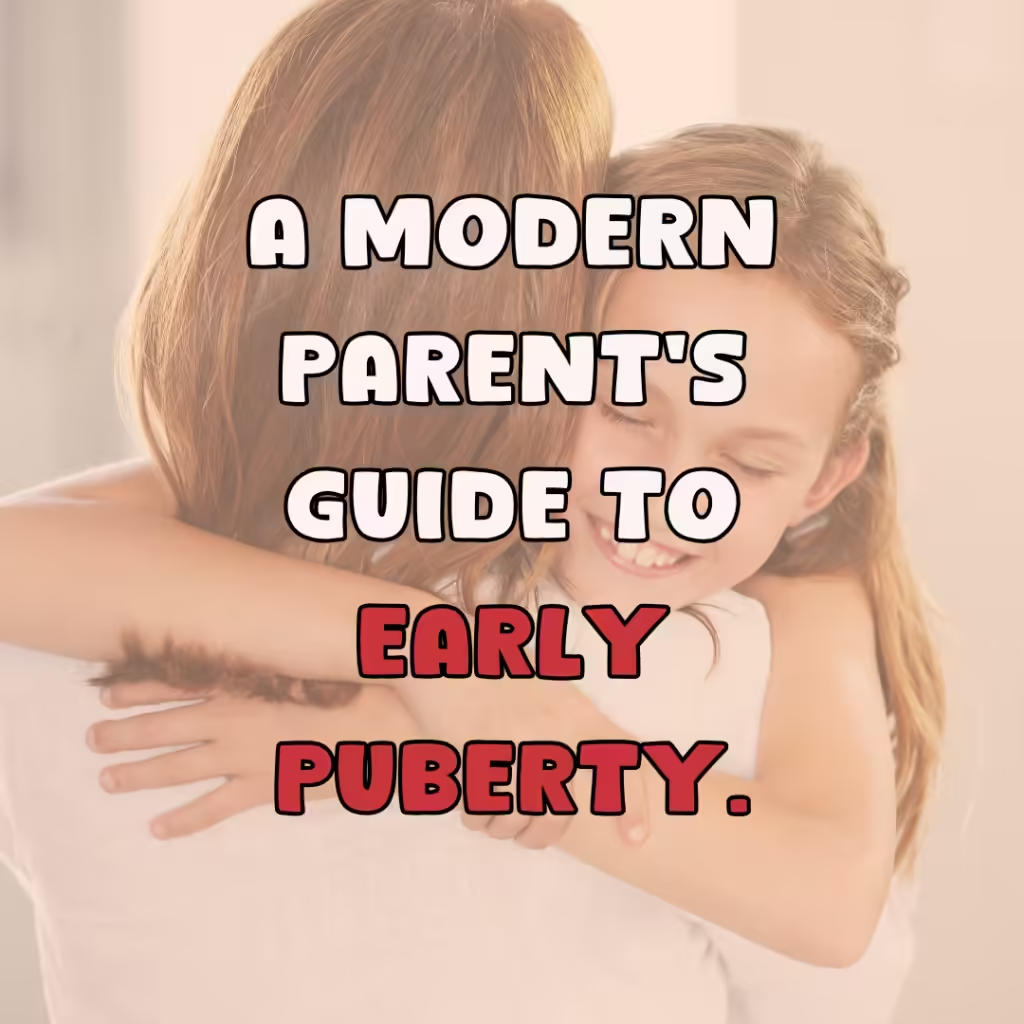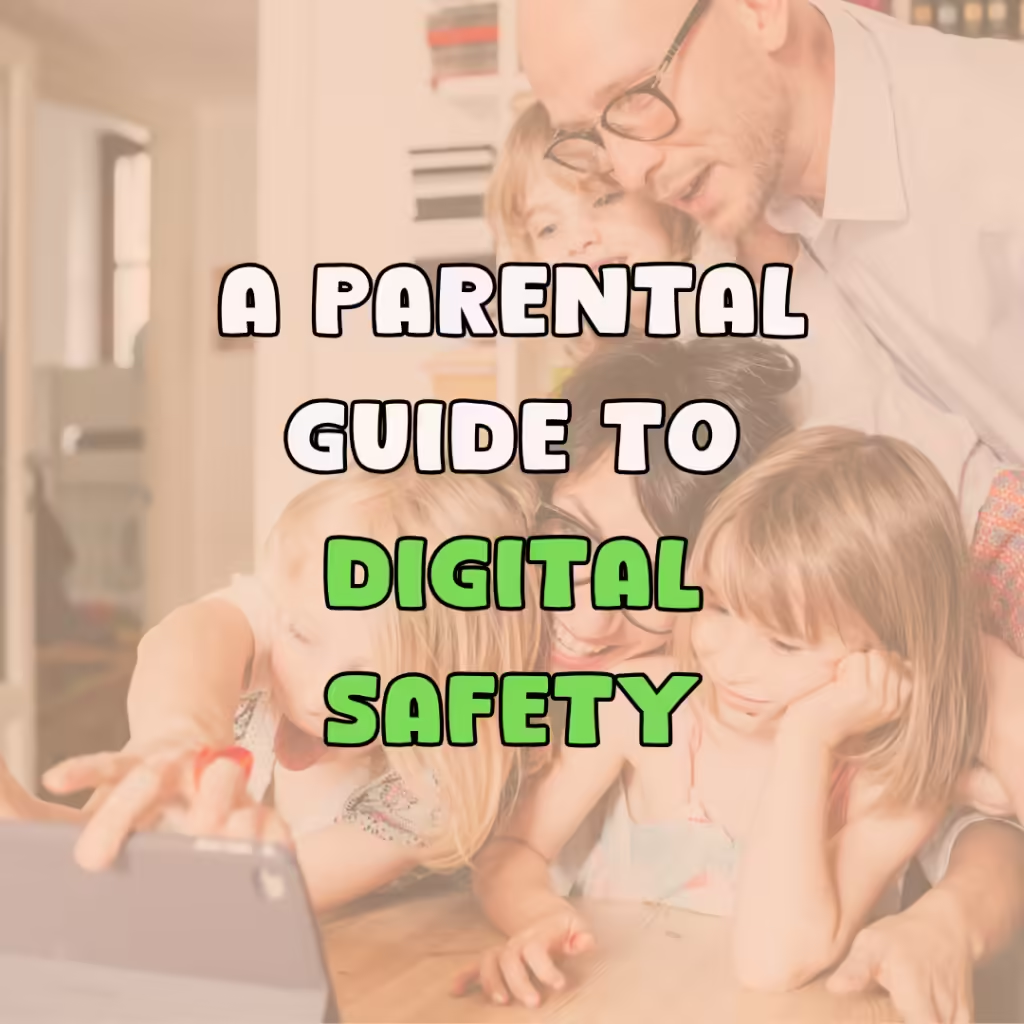“Mom, I Think I Got My Period”: A Modern Parent’s Guide to Early Puberty.

What is Early Menstruation?
Early menstruation refers to the onset of a girl’s first period (menarche) at a younger age than historically normal. As CNN’s Dr. Sanjay Gupta notes, “Puberty, a crucial yet often awkward phase of adolescence, now begins at an average age of eight for girls and nine for boys in the United States. Some children are even experiencing it before these ages, and the duration of puberty has extended as well, sometimes lasting up to a decade.”

Remember when getting your first period was a middle school milestone? Well, times have changed, and girls today are growing up faster than we did – literally. As someone with several young female cousins, including a 9-year-old who recently started her period (yes, NINE), I’ve done some serious digging into why girls are starting their periods early and what we can actually do about it. After all, menstrual health is becoming a vital sign of overall women’s health, and for those of us with young girls in our lives, we need to pay attention.
The New Normal (That Honestly Shouldn’t Be)
Let’s talk numbers: The average age of menarche (first menstruation) in American girls is now around 11.9 years old – down from 12.5 years in the 1950s and 60s. Even more eye-opening? Research shows about 10% of girls start menstruation before age 10, and cases of first menstrual periods beginning before age 9 have doubled recently. If you’re thinking “that can’t be right,” I was right there with you when my cousin started her period at 9. Public health experts are increasingly concerned about this downward trend in the age of menarche.
Why Are Our Daughters Blooming Earlier?

1. The Cupcake Effect (AKA Obesity and Diet)
Those extra cupcakes aren’t just affecting body mass index – they’re literally rushing puberty. Excess body fat cranks up estrogen levels, and all those processed foods with artificial everything? They’re hormone disruptors in disguise. The obesity epidemic is a significant risk factor for early puberty and early menstruation.
Dr. Bandita Sinha, gynecologist and fertility specialist, confirms: “There could be many reasons for early puberty among children such as mental or physical trauma, head injury, thyroid problem and at times (around 5%), hereditary factors. Obesity among children is also one of the main factors for attaining early puberty. A girl child tend to be more prone to early puberty than boys.”
The Sobering Stats: Childhood obesity reached 19.7% in 2024, up from 18.5% in 2016. And it’s one of the strongest predictors of early onset puberty.
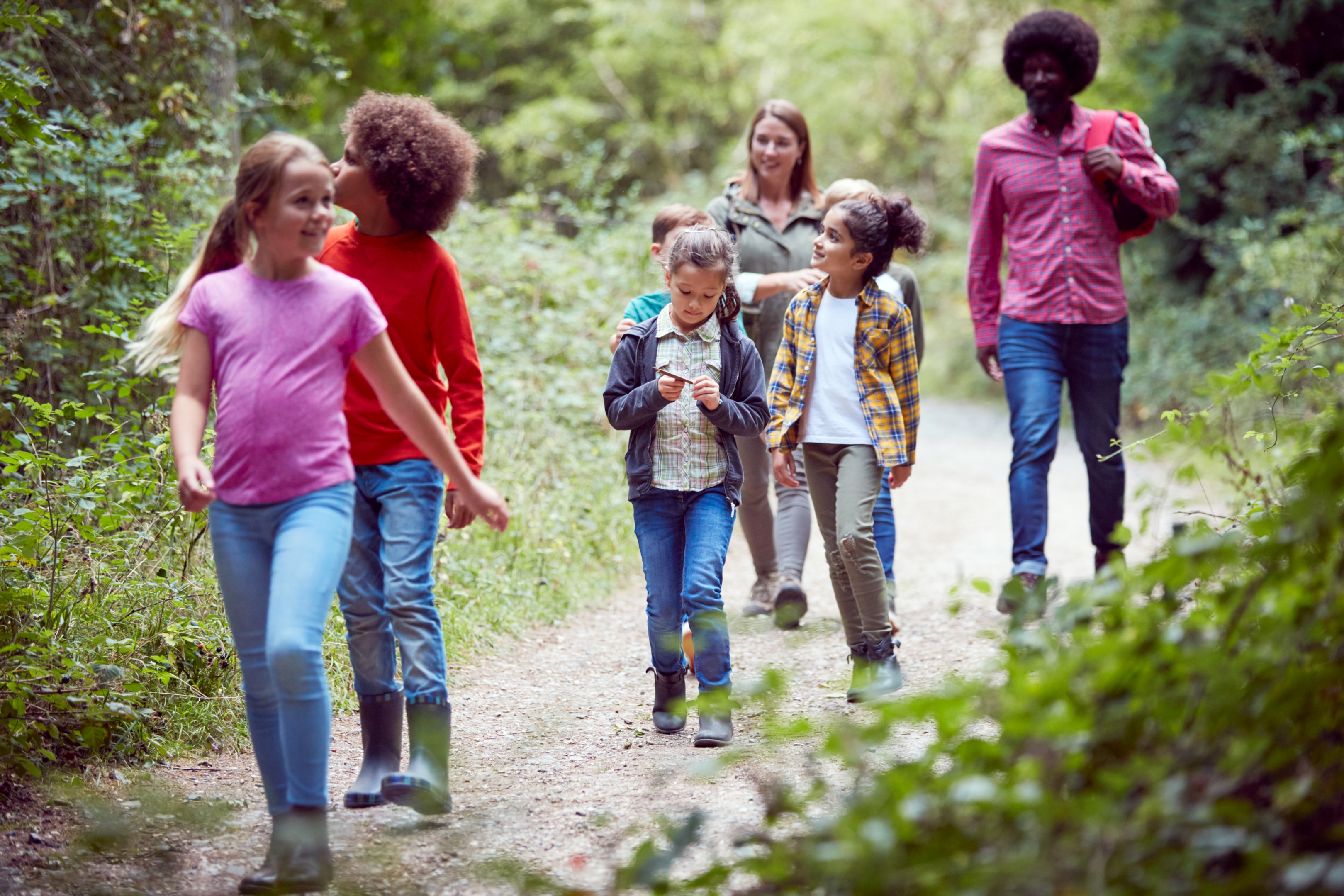
What You Can Actually Do: Skip the diet talk (which nobody wants anyway) and focus on offering a healthy diet with more whole foods. And here’s something worth making time for – regular physical activity has been proven to delay menarche. A recent study highlighted in Time magazine found that pandemic lifestyle changes including reduced physical activity were directly linked to increased early puberty cases, with girls starting their periods up to two years earlier than expected. Getting your daughter moving isn’t just about fitness – it’s about letting her be a kid longer.
2. The Chemical Cocktail Around Us
Remember how we used to microwave everything in plastic? Bad move. Endocrine-disrupting chemicals found in plastics, pesticides, and even consumer products are hormone impersonators, tricking bodies into precocious puberty mode. Research from Columbia University suggests these environmental factors play a significant role in why more girls experience puberty earlier than previous generations.
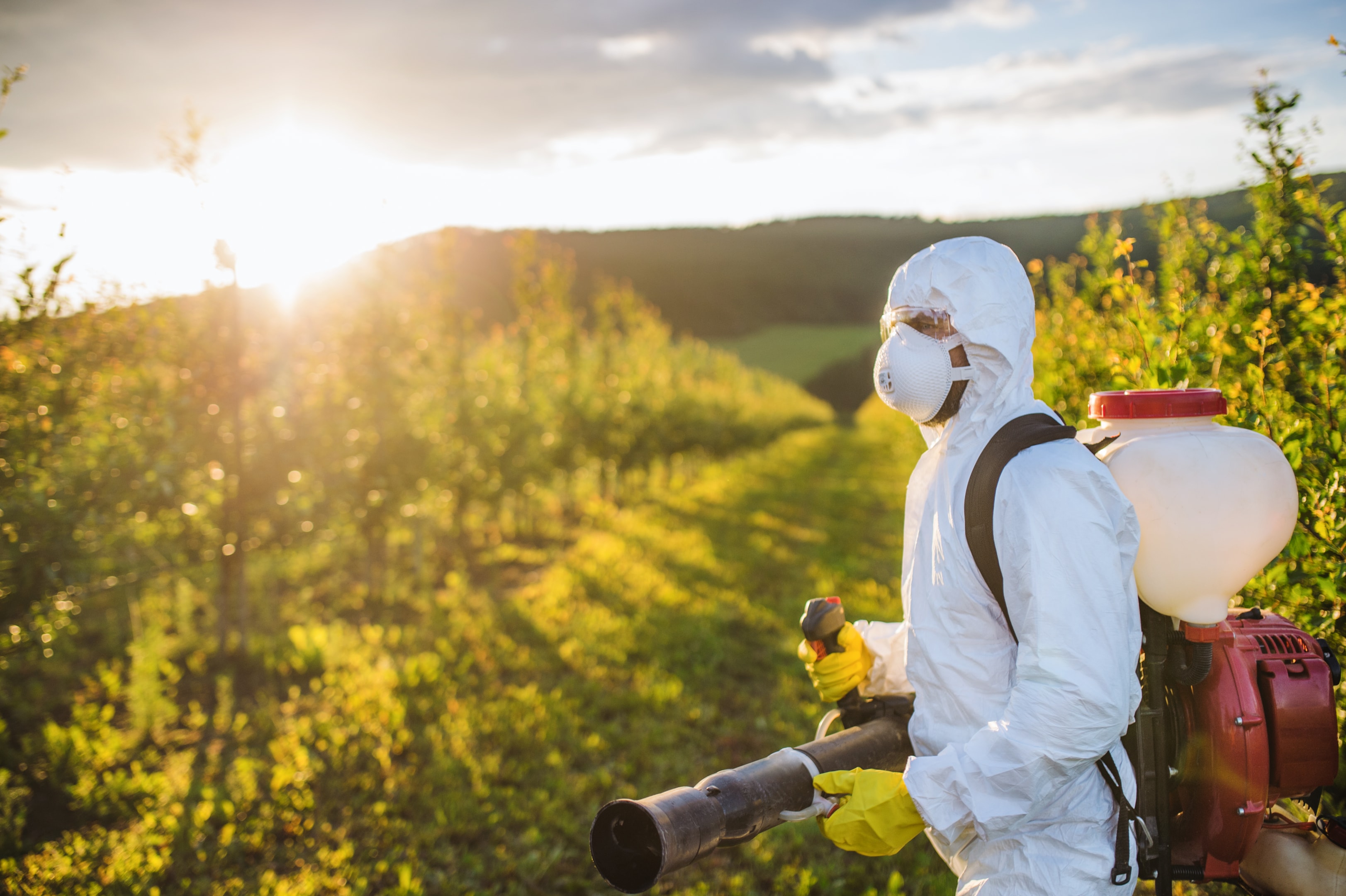
The Scary Truth: Over 90% of kids tested in 2024 had detectable levels of BPA – an endocrine disrupting chemical linked to earlier puberty. And it gets worse – research from the National Institutes of Environmental Health Sciences found that even fragrances in detergents and perfumes may contribute to early menarche by prematurely activating the reproductive axis in children.
What You Can Actually Do: Ditch the plastic food containers (especially for hot foods), buy organic when you can afford it, and check ingredients in personal care products. Look for fragrance-free options for your daughter’s toiletries to reduce increased exposure to these chemicals.
3. Stress: Not Just for Grown-Ups Anymore
Remember when childhood was carefree? Now our kids are stressed about standardized tests in elementary school and getting enough likes on their social media posts before they’ve even hit double digits. Chronic stress affects sex hormones and can trigger early puberty.
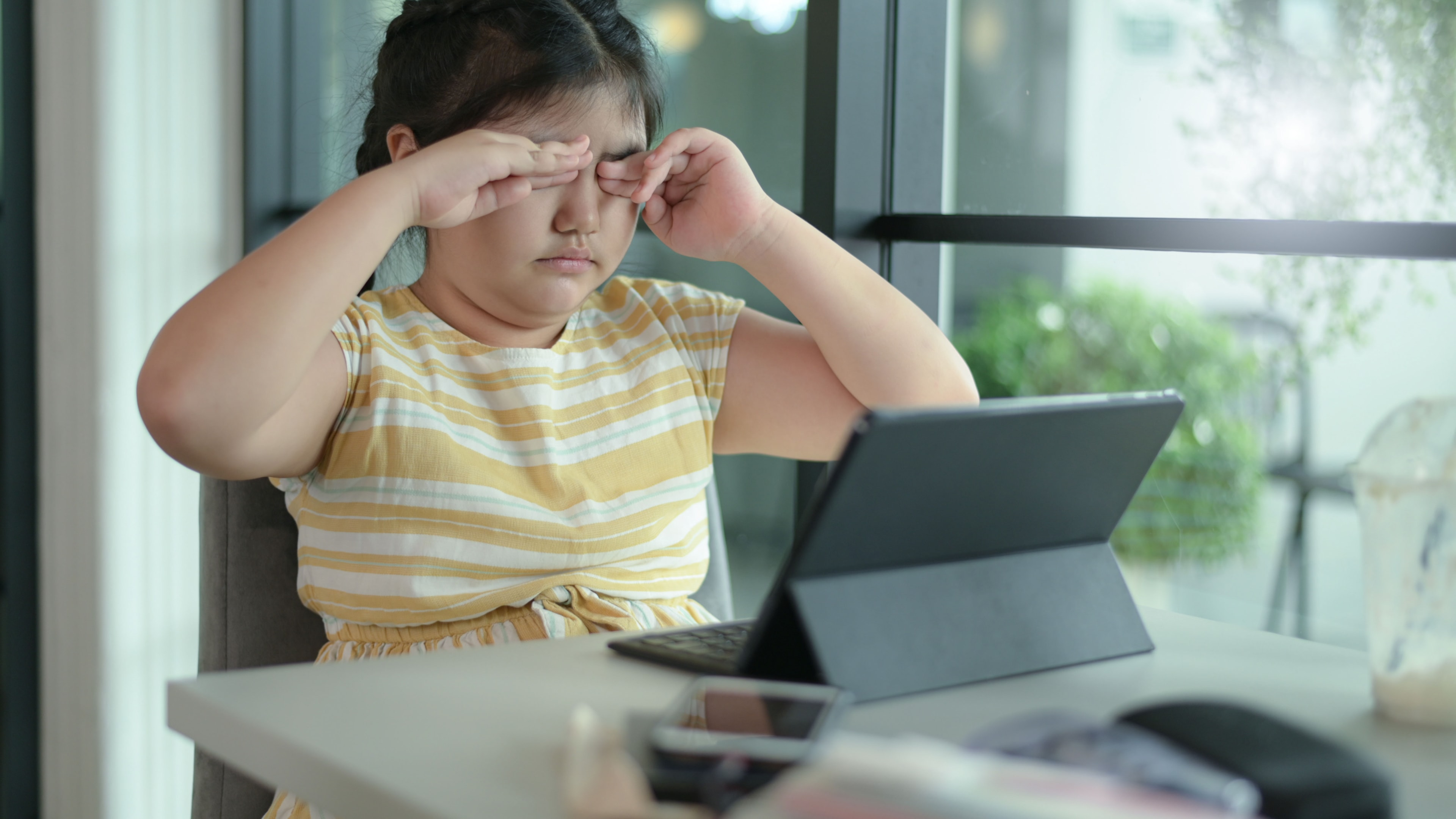
Dr. Cara Natterson, pediatrician and author, explains: “Stress hormones, like cortisol, could potentially accelerate the onset of puberty, particularly in children exposed to high-stress environments. Unlike previous generations, today’s children are bombarded with continuous social dynamics through social media, which can exacerbate stress.”
The Reality Check: A 2024 survey found 42% of parents reported their children experiencing moderate to high stress levels from academic pressures and social media.
What You Can Actually Do: Create phone-free zones at home, teach simple stress management techniques, and most importantly – build those social connections. According to The Girls’ Index survey, supportive relationships and skill-building activities improve girls’ mental health and confidence, potentially influencing pubertal timing. Sometimes the best “medicine” is just having a trusted friend or two.
4. The Air We Breathe
City living has its perks, but clean air isn’t always one of them. Recent studies from the Harvard Chan School of Public Health show that exposure to air pollutants (particularly PM2.5) can mess with hormones and trigger first periods months earlier than expected.

The Numbers: Many urban areas still exceed WHO air quality guidelines by 25% or more, with different impacts across racial groups and ethnic minority groups.
What You Can Actually Do: Check local air quality indexes before outdoor activities and advocate for cleaner air policies in your community. Every little bit helps when it comes to these environmental factors.
5. The Sleep Connection
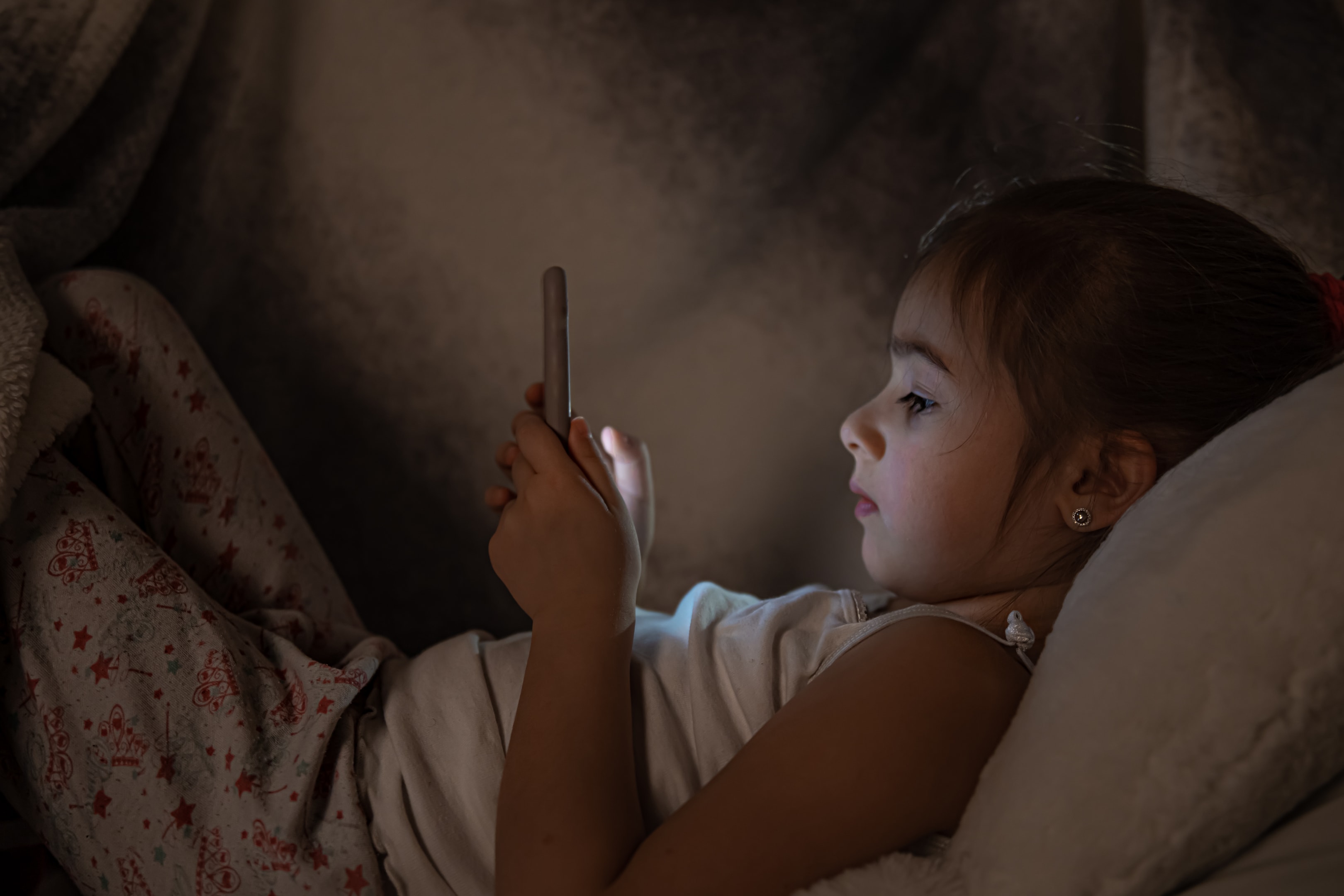
Here’s something you probably didn’t know: letting your daughter stay up late scrolling TikTok might actually be rushing her biological clock. A comprehensive meta-analysis found that each additional hour of sleep was linked to a 34% decrease in the odds of early puberty. Yes, you read that right – more sleep could mean later onset of the first menstrual period.
What You Can Actually Do: Establish a consistent sleep routine aiming for 8-10 hours nightly. And yes, this means devices out of the bedroom!
When Early Periods Happen Anyway: The Real-World Impact
Early puberty isn’t just about periods – it comes with real long-term health concerns:
Dr. Aruna Kalra, gynecologist, explains the impacts: “Early puberty may cause a growth spurt in a child, but when puberty ends, the child stops growing. Therefore, they may be shorter than other children of the same age. It can also be embarrassing for children, who are developing quicker than their peers. These issues can lead to emotional, behavioural, and social issues, and the child may even have trouble with anxiety and depression.”
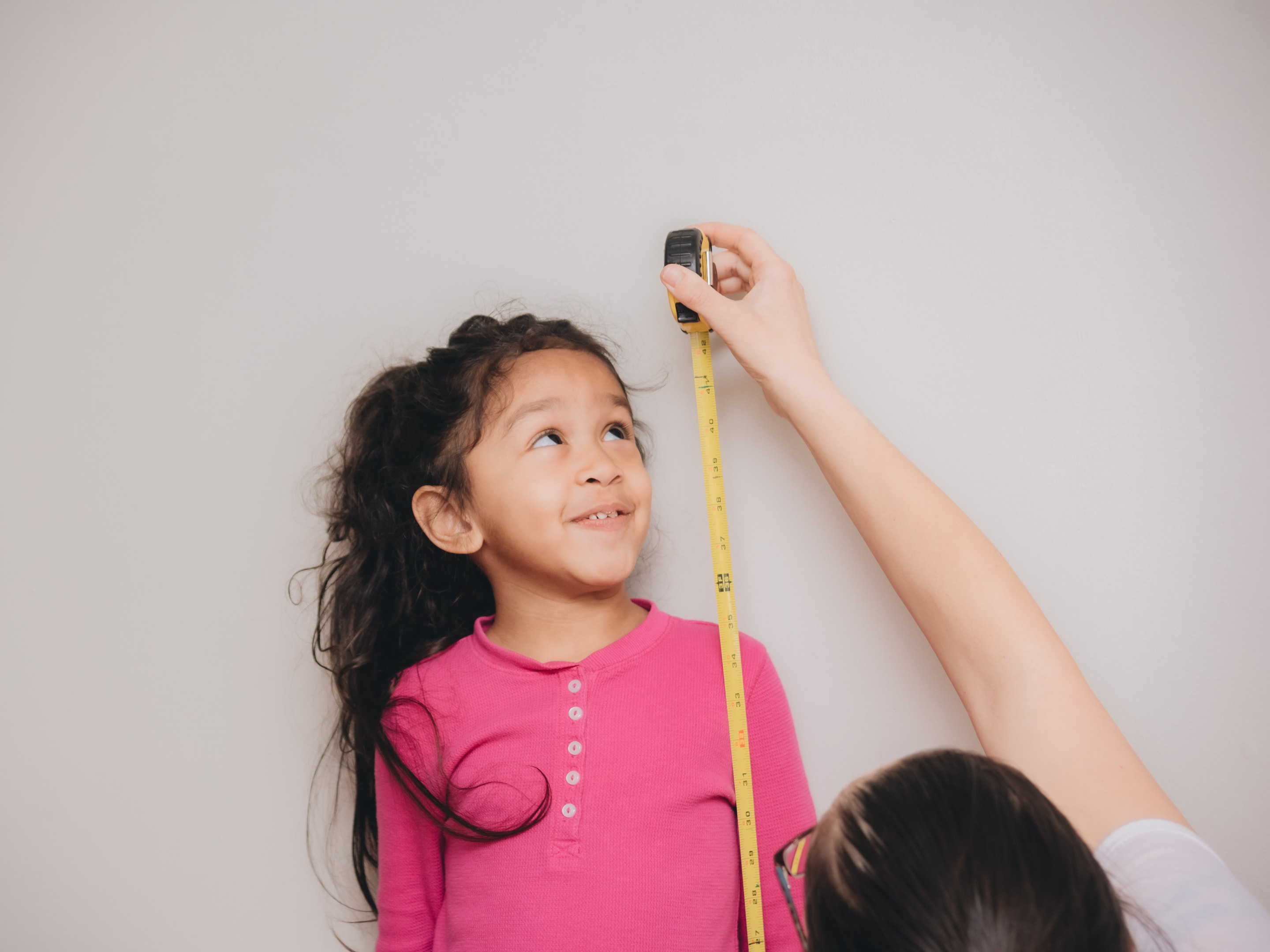
- Adverse Health Outcomes: Higher chances of breast cancer, cardiovascular disease, polycystic ovary syndrome, type 2 diabetes, and obesity later in life. Some research even suggests associations with early death in females born with certain risk factors. (Not to scare you, just to make you aware.)
- Mental Health: Girls experiencing menarche at a younger age are more likely to face anxiety, depression, and self-esteem issues. After all, who wants to be the only fourth-grader shopping for training bras?
- Social Challenges: Being physically different from peers can lead to isolation or bullying. This is especially true when breast development and other puberty signs appear well before classmates’.
Five Ways to (Possibly) Delay Menstruation
While genetics plays a starring role in puberty timing, these lifestyle tweaks might help keep childhood around a bit longer:
1. Make Movement Fun

Forget “exercise” – think dance parties in the living room, family bike rides, or letting them choose a sport they actually enjoy. Physical activity regulates hormones naturally, as confirmed by data from the Apple Research app and other national institutes studying women’s health.
2. Sleep Like It’s Your Job
Consistent bedtimes aren’t just about making mornings easier – they might actually keep puberty at bay. Assistant professors at multiple universities have found sleep duration to be an independent factor in menstruation timing.
3. Rethink Soy (But Not How You Think)

Plot twist: While excessive soy was once thought problematic, recent research suggests the opposite might be true. A 2022 cohort study found that higher childhood soy intake was associated with girls starting their periods later. Still, moderation is key – avoid processed soy supplements.
4. Friends Matter More Than We Knew
Social isolation spikes stress hormones. Help the girls in your life build meaningful friendships through activities they enjoy. Some researchers note correlations between early puberty and social factors including histories of sexual abuse or family instability – reinforcing how crucial supportive environments are.
5. Go Green(er)
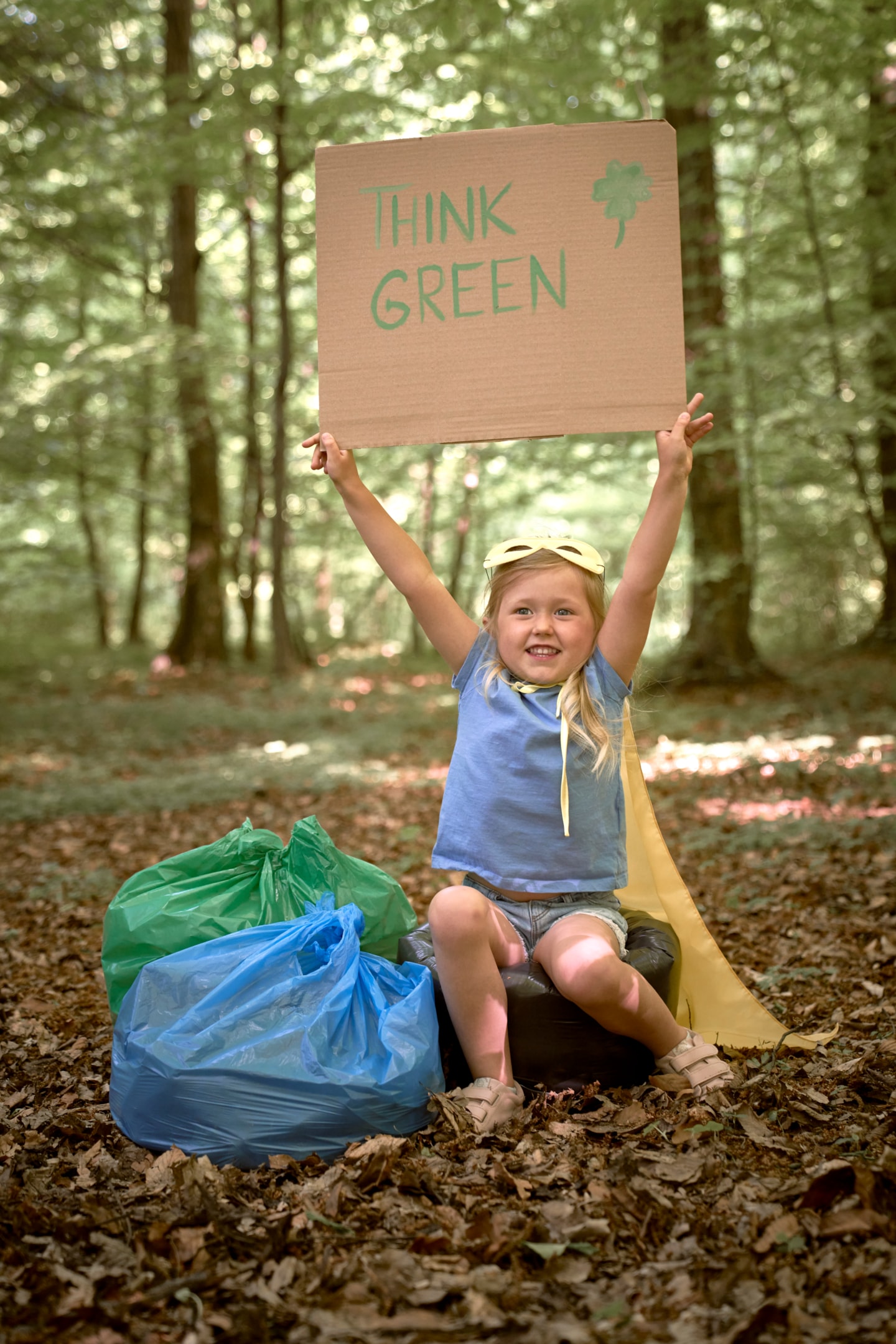
Make environmental awareness a family project. Choosing eco-friendly products isn’t just good for the planet – it might help your daughter’s hormonal health too. A century ago, girls began menstruation around age 16-17; environmental factors are significant contributors to why that age has decreased dramatically.
When Early Periods Happen Anyway
If the young girl in your life is on the fast track to puberty despite your best efforts:
- Have “The Talk” Early: Don’t wait for breast buds or other signs of puberty – by then, it might be too late.
- Stock Up: Have period products ready before they’re needed.
- Normalize: Frame the menstrual cycle as a normal, healthy process rather than something embarrassing.
- Check In: Regular pediatrician visits can catch any underlying issues contributing to early development, as recommended by experts around the world.
Above all, remember that while we can’t control everything about young girls’ development, we can absolutely control how supported they feel during these changes. Sometimes being the cool aunt, cousin, or family friend who doesn’t freak out about a first period is exactly what they need.
Frequently Asked Questions
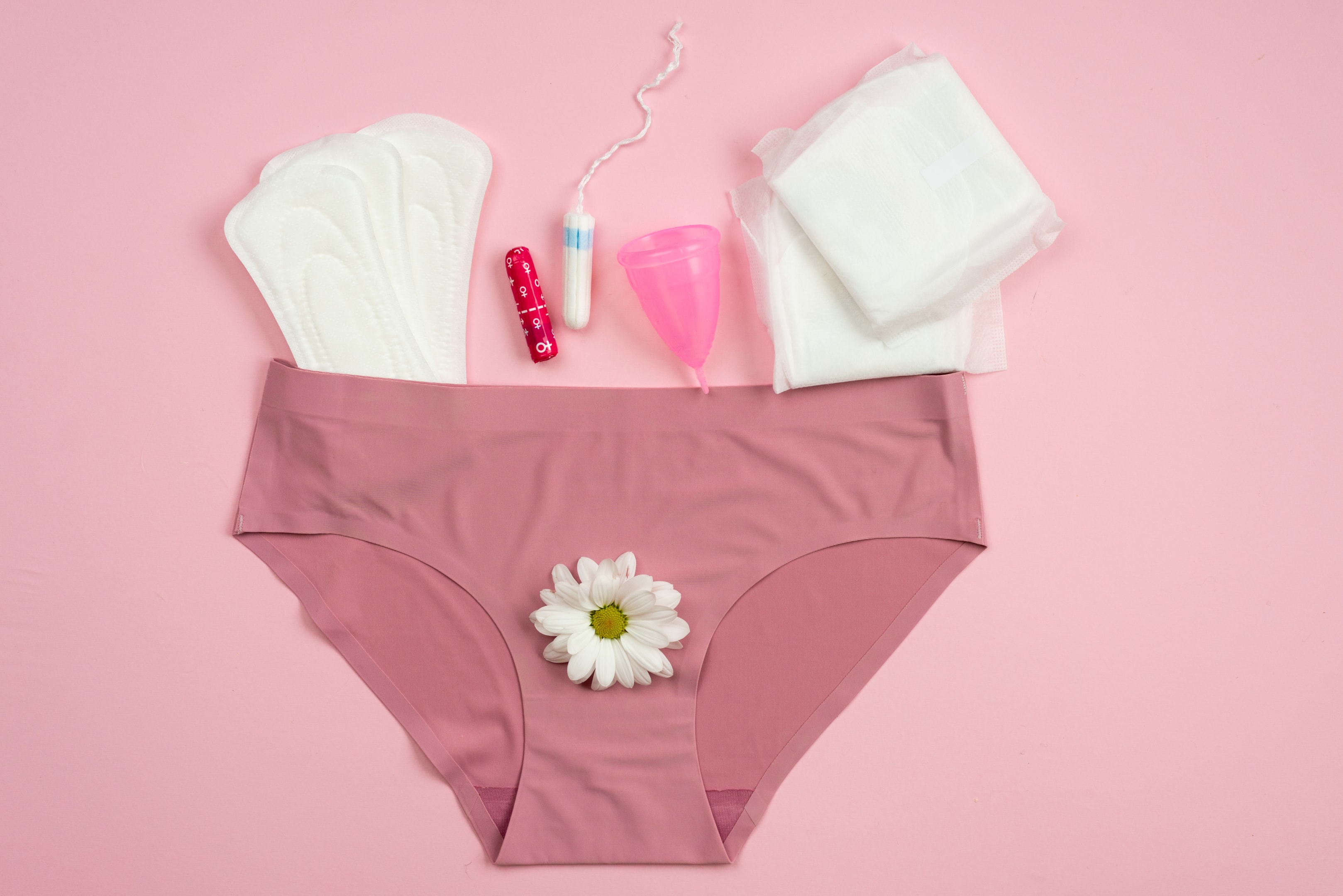
When do most girls get their first period?
Most girls in the United States start their periods around age 12, with the current average age of menarche being 11.9 years. However, any time between 10-15 years is considered normal. What’s concerning is that this average has decreased compared to previous generations – females born a century ago typically began menstruation around age 16-17.
Why are girls starting their periods earlier than before?
Several factors contribute to early menarche: the obesity epidemic, increased exposure to endocrine-disrupting chemicals in consumer products, higher stress levels, environmental factors like air pollutants, and possibly reduced physical activity. While genetics plays a significant role in determining when girls start menstruation, these lifestyle and environmental factors can influence timing. Research shows menarche decreased most dramatically during the 20th century and continues to trend downward.
What are the signs that my daughter is about to start her period?
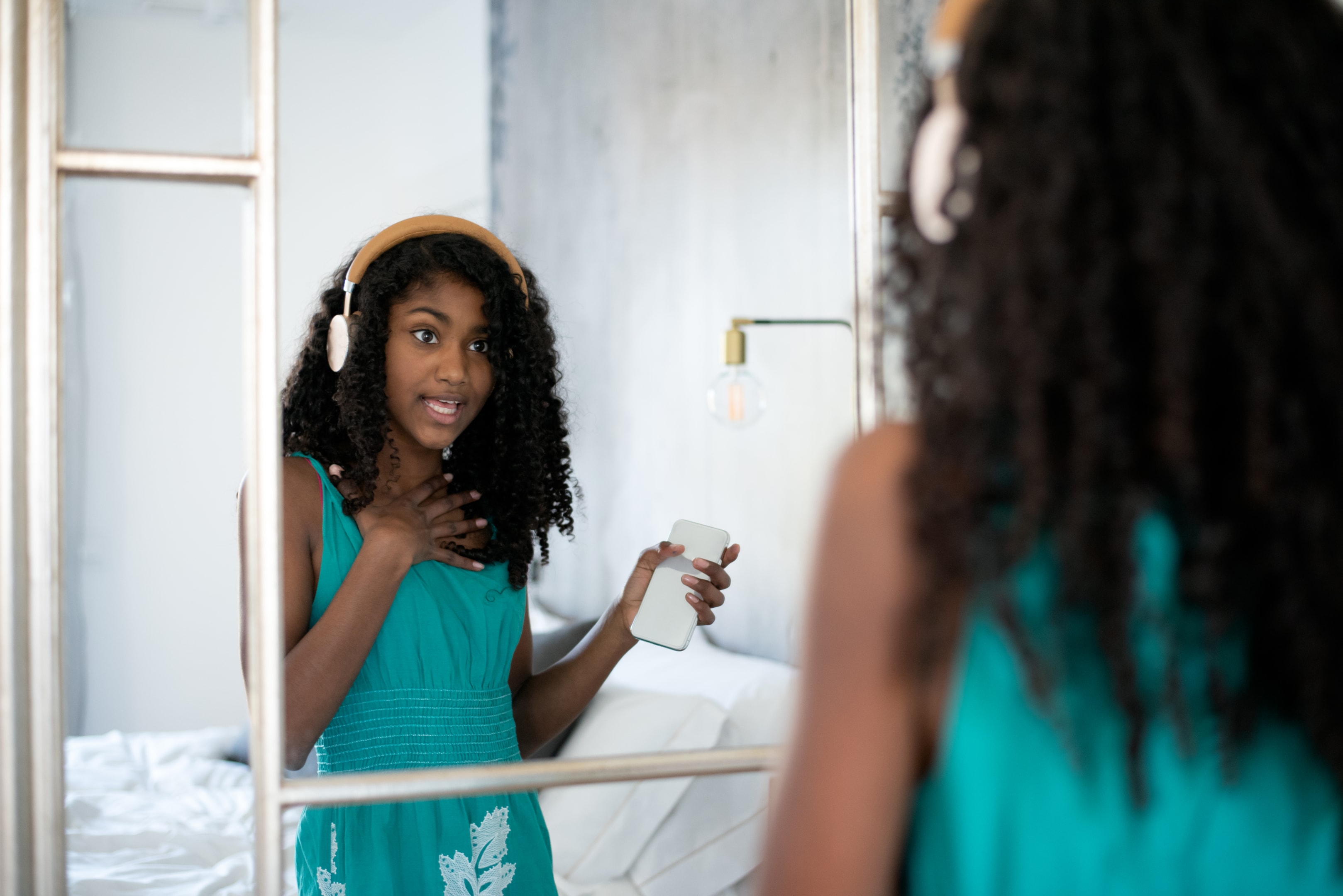
Look for these signs of puberty (usually in this order):
- Breast development (usually the first sign, starting around age 8-13)
- Growth spurt
- Body odor and underarm hair
- Pubic hair
- Vaginal discharge (usually begins 6-12 months before first period)
- Emotional changes, including mood swings
- Hip widening and fat redistribution
The appearance of breast buds can occur 2-3 years before the first menstrual period, giving parents time to prepare.
Is it normal for girls to get their period as young as 8 or 9 years old?
While not the average, it’s becoming increasingly common. Precocious puberty (before age 8) should be evaluated by a healthcare provider to rule out other factors or underlying conditions. However, if other pubertal signs have progressed normally and your daughter is 9 or older, early menstruation may simply reflect the continuing trend toward puberty earlier than previous generations experienced.
How can I prepare my daughter for her first period?

- Start conversations early (around age 8-9)
- Use accurate terminology for body parts when you teach children about development
- Explain what periods are and why they happen as a vital sign of reproductive health
- Show her different period products and how they work
- Pack a “period kit” for her backpack
- Share your own experiences (if you’re comfortable) or ask a trusted family member to share theirs
- Reassure her that menstrual health is normal and not scary
- Consider getting age-appropriate books about puberty
Are there health risks associated with early menstruation?
Early puberty and early menarche have been linked to increased risk of certain adverse health outcomes later in life, including breast cancer, obesity, cardiovascular disease, and type 2 diabetes. Studies from organizations like Columbia University and Harvard Chan School suggest early menstruation is associated with higher risk of depression and anxiety during adolescence. Regular healthcare check-ups can help monitor for any concerns, as early onset puberty may be a risk factor for various health conditions.
Will my daughter’s periods be regular when they first start?
Probably not! Cycle regularity takes time to develop. It’s completely normal for menstrual periods to be irregular for the first 2-3 years after menarche. Cycles can range from 21-45 days, and occasional skipped months are common as the body’s sex hormones mature. Tracking can help identify when patterns emerge.
Can my daughter get pregnant as soon as she starts her period?
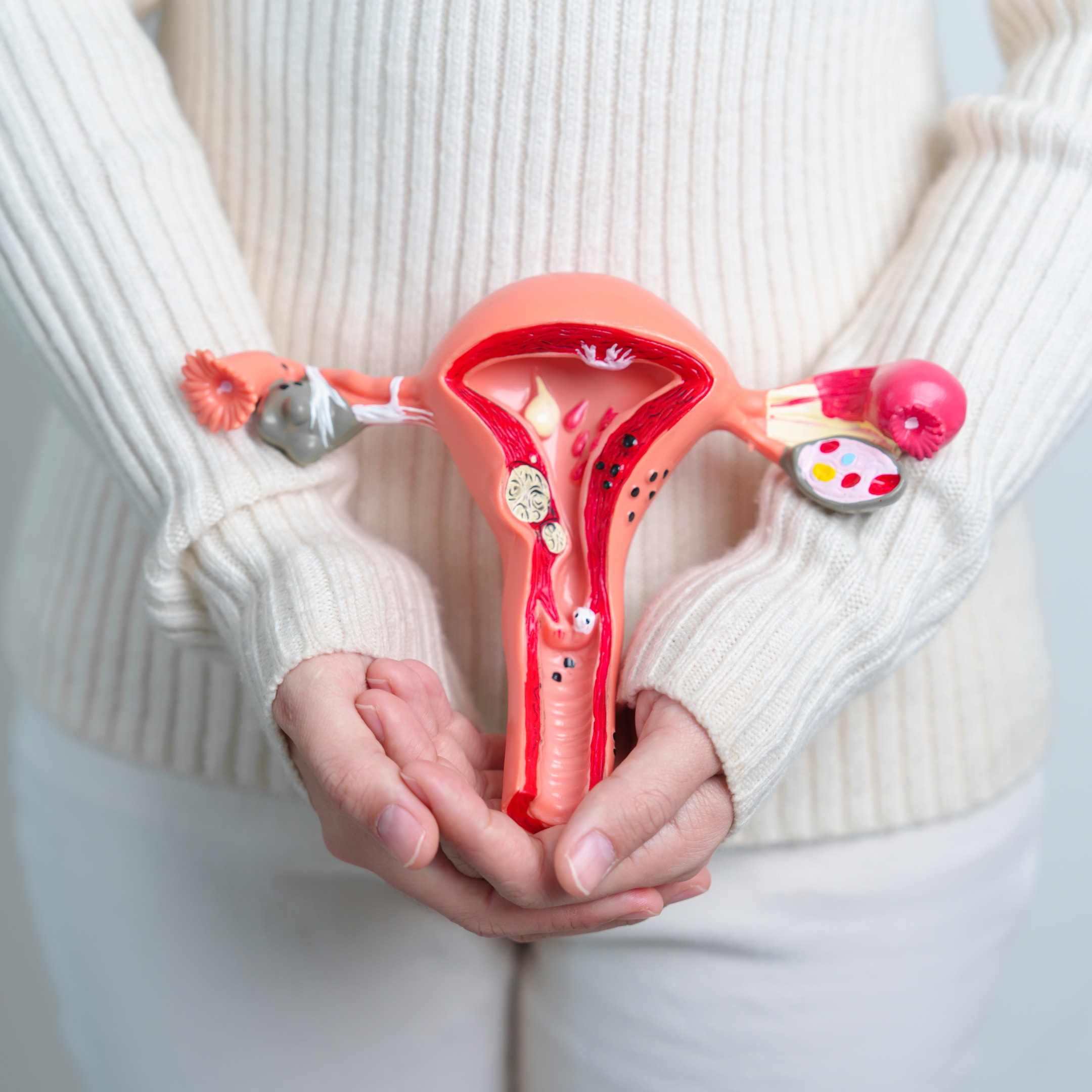
Yes. This is crucial to understand: ovulation (releasing an egg) typically occurs before the first visible period. This means a girl can technically get pregnant before she even knows she’s capable of menstruation. Having age-appropriate conversations about reproduction is important, even if it feels early. The National Institutes of Health emphasizes this important education point for concerned parents.
How long does a typical period last, and what is a normal cycle length for young girls?
For young girls, periods typically last 2-7 days, with the average being about 5 days. Menstrual cycle length (time from the start of one period to the start of the next) can be quite variable when periods first begin—anywhere from 21-45 days is considered normal during the first few years as estrogen levels stabilize.
How should I talk to my daughter about periods and puberty?

Dr. Angela Mattke, pediatrician at Mayo Clinic, shares: “It’s pretty common for kids to start asking questions about periods well before puberty. I actually remember the very first time when my son saw a tampon in the bathroom and asked about it and wanted to know what it was and he was really, really young, maybe like two or three years old. How early do you actually start talking about periods with your child and what do you say and how do you explain it?”
The answer is: start early and keep it age-appropriate. Here’s how:
- Keep conversations casual, brief, and ongoing rather than one big “talk”
- Use proper terminology mixed with any family terms you prefer
- Answer questions honestly without overwhelming with information
- Use everyday moments (commercials, shopping for supplies) as conversation starters
- Share your own experiences when appropriate
- Normalize periods as a healthy part of growing up
- Include information about the entire reproductive system, not just periods
- Assure her she can always come to you with questions
References
- “COVID-19 May Be Contributing to Early Onset Puberty in Girls.” Time, July 2023. https://time.com/6301466/covid-19-early-puberty/
- “Association between sleep duration and puberty timing in children and adolescents: a systematic review and meta-analysis.” Sleep Medicine Reviews, 2022. https://pmc.ncbi.nlm.nih.gov/articles/PMC7305621/
- “Higher childhood soy intake is prospectively associated with later puberty timing in both girls and boys.” The Journal of Nutrition, 2022. https://pmc.ncbi.nlm.nih.gov/articles/PMC8978387/
- “The Girls’ Index Examines Tween and Teen Mental Health.” Parents.com, 2023. https://www.parents.com/the-girls-index-examines-tween-and-teen-mental-health-8363867
- “Chemical Mixtures and Early Onset Puberty.” National Institute of Environmental Health Sciences, October 2024. https://factor.niehs.nih.gov/2024/10/papers/endocrine-disruptors
- Dr. Sanjay Gupta, CNN Chasing Life Podcast: “The Earlier the Onset.” July 2024. https://edition.cnn.com/audio/podcasts/chasing-life/episodes/b130666a-37bb-11ef-8219-2fcf2942cdf8
- Dr. Cara Natterson, CNN Chasing Life Podcast: “The Earlier the Onset.” July 2024. https://edition.cnn.com/audio/podcasts/chasing-life/episodes/b130666a-37bb-11ef-8219-2fcf2942cdf8
- “Healthy lifestyle is a must to avoid early puberty.” Times of India, May 2017. https://timesofindia.indiatimes.com/city/thane/healthy-lifestyle-is-a-must-to-avoid-early-puberty/articleshow/58673234.cms
- “Early puberty and why it matters.” Financial Express, February 2024. https://www.financialexpress.com/life/lifestyle-early-puberty-and-why-it-matters-3420130/
- “When should I teach my kids about periods?” Mayo Clinic Press, 2023. https://mcpress.mayoclinic.org/parenting/when-should-i-teach-my-kids-about-periods-all-about-kids-menstrual-health/
